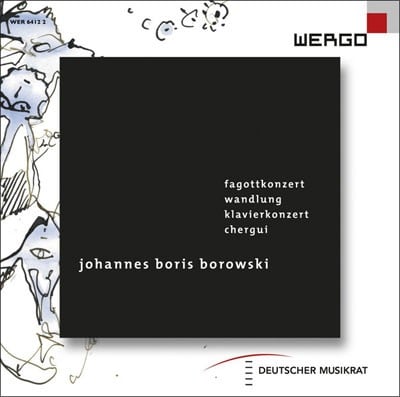3(II=picc,III=afl).2.corA.3(II=Ebcl,III=bcl).2.dbn–4.3.2.btrbn.1–perc(4)–strings(8.8.6.6.4)
Abbreviations (PDF)
Bote & Bock
Piano concerto as drama:
At the beginning, the pianist is integrated within a large orchestra, hardly able to move. He participates in all "decisions." But who decides? And who lets the decisions be made? Who is active? Who is passive? What is action, and what is intuitive reflex?
Different moments of the soloist’s emancipation from the orchestra are shown. But while they have the effect of being "shown," observed from the outside, the soloist does not appear to be capable of life on his own, but rather forced to live, sort of like a marionette. Under this compulsion, he must fail – or more exactly: I let him fail under this compulsion. The power is visible from the outside, less so the urgent motion toward development from within.
In the last movement, the pianist acts/reacts reduced-resigned. He "speaks" in the consciousness of his failure – and it is exactly in this consciousness that the possibility of a new beginning flares up and creates a strangely fascinating atmosphere of colored light.
(March 2016)

Florent Boffard / Deutsches Symphonie-Orchester Berlin / Manuel Nawri
Wergo WER 6412 2 (Deutscher Musikrat, Edition zeitgenössische Musik)
